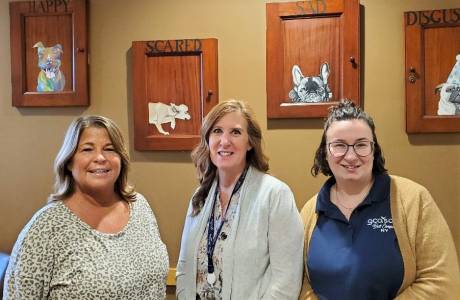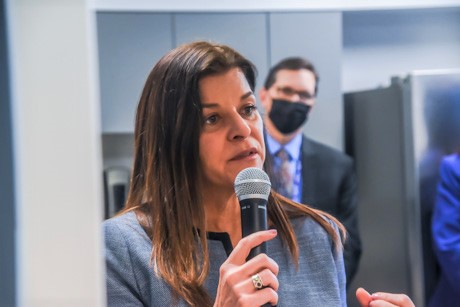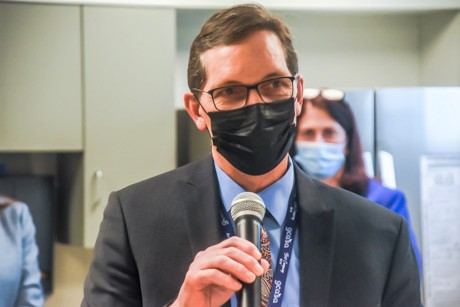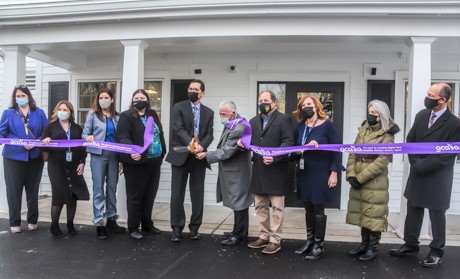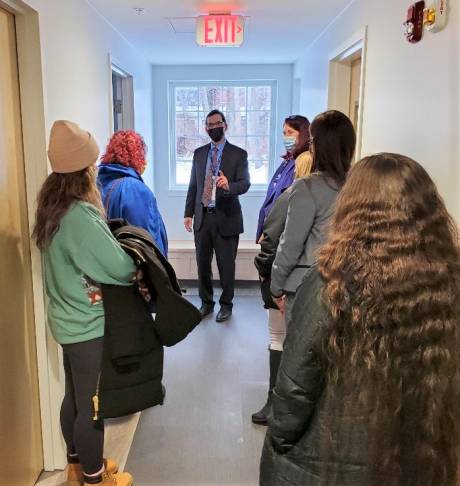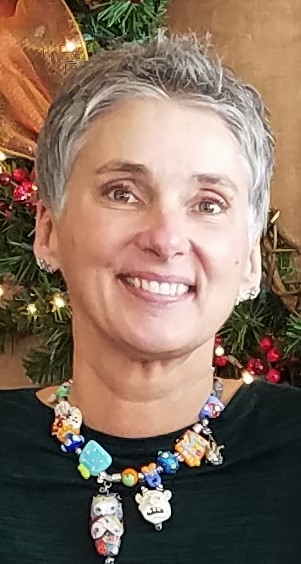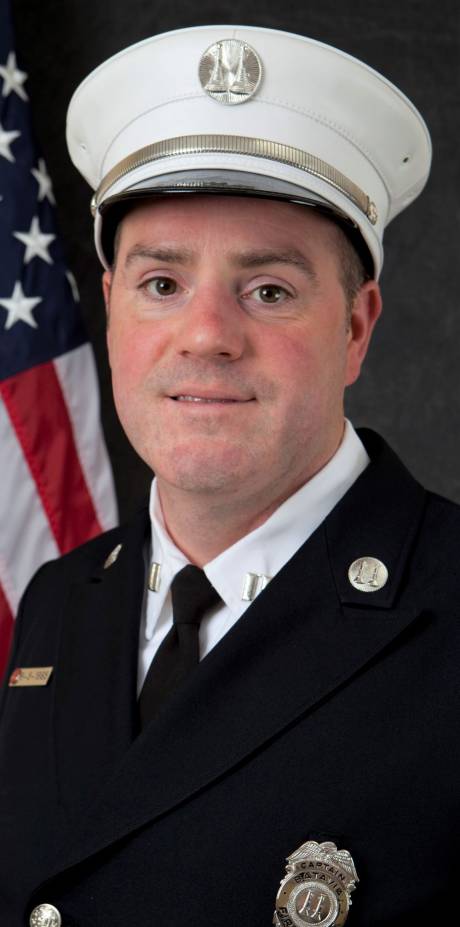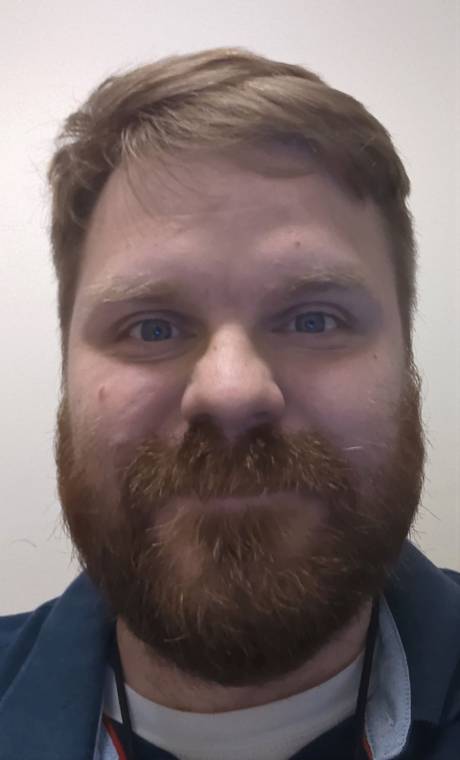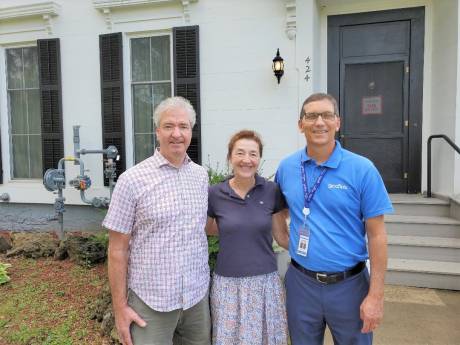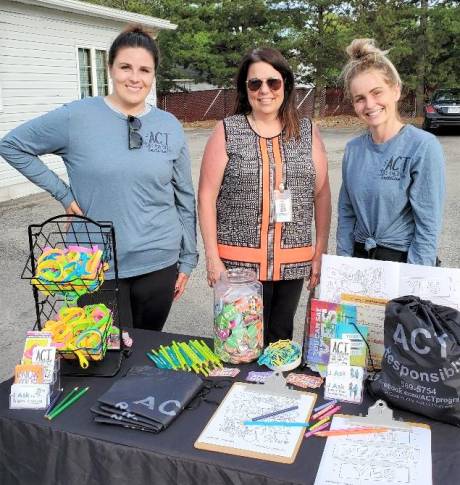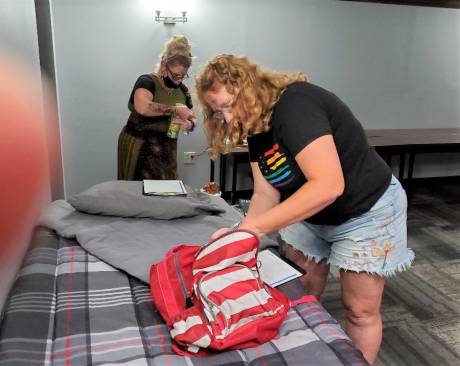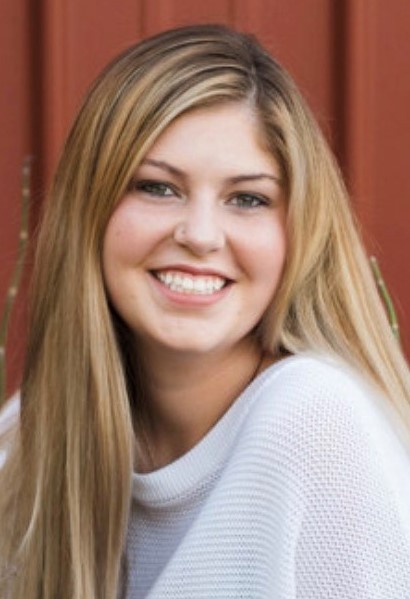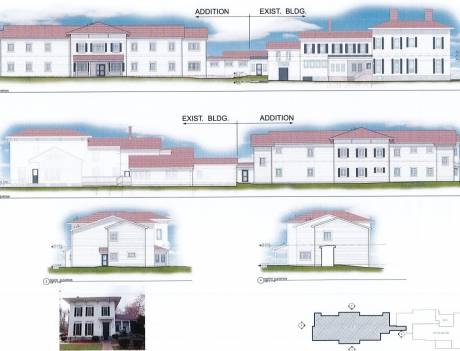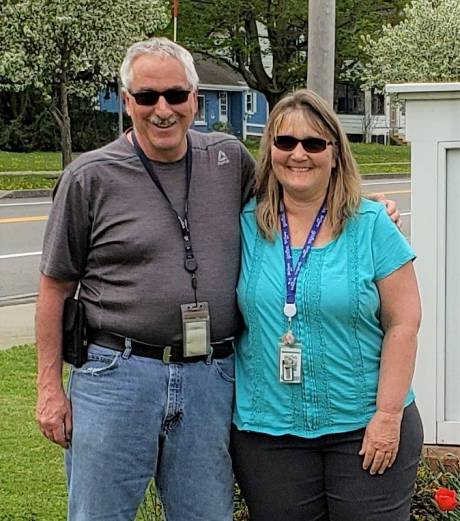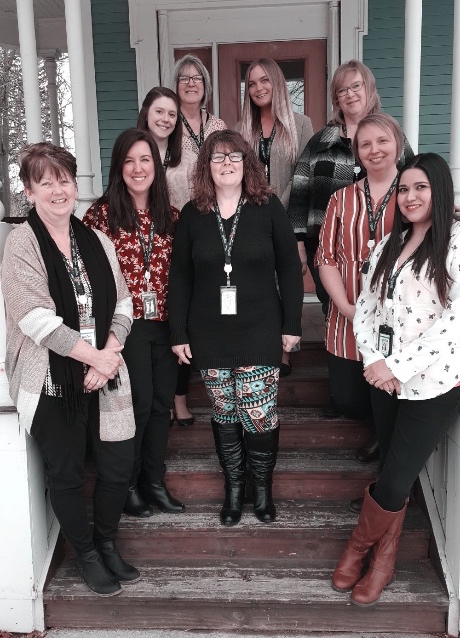GCASA's survey of Genesee, Orleans students reveals eye-opening data on substance use, perception of harm
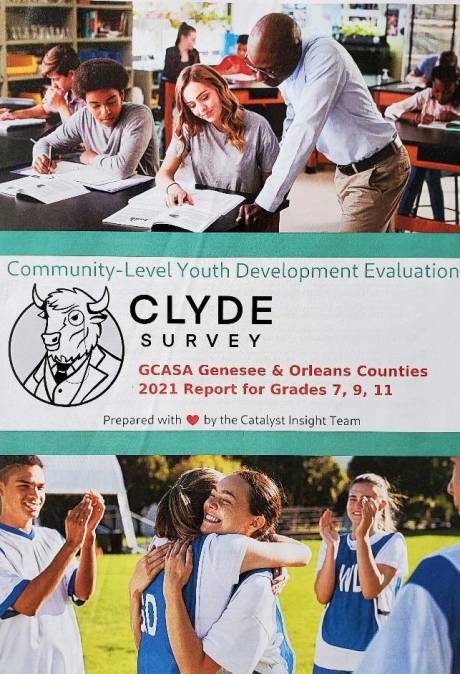
- That more than two-thirds of students in Genesee and Orleans counties in grades 7, 9 and 11 who reported drinking alcoholic beverages said they got it at home – some with their parents’ permission and others without their parents’ knowledge of the behavior?
- That slightly less than 20 percent of 11th graders in the two counties reported past 30-day use of an electronic cigarette or vape pen with nicotine?
- That less than 40 percent of students perceive there is harm caused by marijuana use, which represents a significant decrease over previous years?
Those are just three of the critical data points derived from the Community-Level Youth Development Evaluation survey administered to students in grades 7, 9 and 11 in 2021. The survey was commissioned by Genesee/Orleans Council on Alcoholism and Substance Abuse and facilitated with the assistance of Catalyst Insight of Depew.
The survey, known as CLYDE, is modeled after the former Communities That Care Youth Survey, a nationally validated study developed at the University of Washington to assess youth attitudes, behaviors and community risk and protective factors. It also incorporates elements from the Prevention Needs Assessment Survey by Bach Harrison.
GCASA has been surveying youth at the Genesee and Orleans schools it has had relationships with for several years. The latest survey resulted in 2,234 valid responses from pupils in the three grade levels.
“It was determined to survey these particular grades, especially 11th graders – understanding that they would be seniors the following year and that strategies could be applied to prevention efforts targeting those students, if needed,” said Shannon Ford, director of Prevention at GCASA.
GAUGING PUPILS' USAGE, PERCEPTIONS
The survey’s questions are formulated in a way to procure accurate information regarding students’ usage of alcohol, tobacco and other drugs and their perception when it comes to parental attitudes and the degree of harm caused by these substances.
Core measures include past 30-day use, perception of harm of substance use, perception of parental disapproval of substance use and perception of peer disapproval of substance use.
Risk factors explored -- related to an increased likelihood of substance use problems for youth -- included favorable laws and norms, perceived availability of drugs, family conflict, commitment to school and peers’ attitudes and use of alcohol, cigarettes and/or drugs.
Protective factors, or areas where youth can be shielded from substance use, include opportunities for social involvement, family attachment and belief in laws and norms.
“In general, students believe that their parents are opposed to ATOD (alcohol, tobacco and other drug) use, but it is concerning that 69 percent of those who reported they drink – about 23 percent of those surveyed – say they obtained the alcohol at home, both with and without parental permission,” Ford said.
Sheila Harding, GCASA’s assistant director of Prevention, said the agency continues to emphasize the dangers involved with students’ drinking at home or at their friends’ homes.
“Too many parents are not understanding the risks involved in allowing underage drinking in their homes,” she said. “There are liability issues, potential injury or even death and criminal implications. The responsible answer is to not allow this activity.”
VAPING: AN INCREASING CONCERN
Vaping is an increasing concern, Ford said, adding that “an alarming number” of 7th-graders – 3 percent -- have indicated they are vaping with nicotine.
As noted above, 19.7 percent of 11th graders in the two counties reported vaping with nicotine in the past 30 days while another 11.1 percent reported vaping with marijuana over the same time period.
“Nicotine is one of the most addictive substances around and now we’re seeing vaping with THC (tetrahydrocannabinol, the crystalline compound that is the main active ingredient of cannabis),” Harding said. “These vape pens are being marketed to our youth and we’re seeing harmful effects on the adolescent brain which isn’t fully developed.”
The survey revealed that marijuana use by 11th-graders was at 14.4 percent – which is down by about 50 percent from the survey of three years ago. Interestingly, the students’ perception of harm is at 38.7 percent, which also is less than previous years.
“This perception data is likely due to cannabis legalization and the use of medical marijuana,” Ford said. “But just because it is legal for adults, it doesn’t remove the risk to students. It’s still illegal for those under 21.”
LEGALIZING POT CHANGES VIEWS
On a national level, rapid decreases in marijuana risk perceptions by adolescents have not translated to a dramatic drop in usage, however.
“Prevention leaders may need to consider different strategies as well as targeting cannabis use risk perceptions,” Ford offered. “As more states legalize recreational marijuana use, further monitoring of predicted use trends are essential.”
Ford pointed out that although much of the national focus is on the opioid epidemic, GCASA and other agencies haven’t pulled back their prevention strategies when it comes to alcohol, tobacco and marijuana.
“We’ve been able to secure grants for compliance checks of retail establishments in both counties – something that we haven’t done in awhile but will be getting back to,” she said. “In the past, we have found that bars, restaurants and convenience stores are doing a good job of not selling to those under the legal drinking age.”
Other key findings from the 2021 CLYDE survey are as follows:
- Past 30-day alcohol use in grade 11 fell to 19.6 percent – down from 46 percent in grade 11 in Orleans in 2019 and from 33 percent in grade 10 and 50 percent in Genesee in 2018.
- Around 90 percent of 11th-graders indicate parental disapproval of alcohol and cigarettes but that drops to 78 percent when it comes to marijuana.
- Concerning peer disapproval, overall the percentages range from 78 to 88 regarding alcohol, tobacco and prescription drug use, but it falls to 74 percent concerning marijuana.
When looking at risk factors, 60 percent of students surveyed indicated a low commitment to school was the leading risk factor, followed by 45 percent that reported parental attitudes favorable to substance use and conflicts in the family unit.
ADDRESSING PROTECTIVE FACTORS
On the protective side, 71.6 percent responded that social skills were important, followed by 65 percent who indicated the importance of extracurricular activities in school and 60 percent who indicated the availability of community service programs.
“Social skills are enhanced by evidence-based programs in schools offered by GCASA and by the individual schools, while prosocial involvement is enhanced by community service hours and volunteering,” Ford said.
Prevention initiatives – by agencies such as GCASA and through school-based programming – have led to a significant decrease in binge drinking (five or more alcoholic drinks in a row over the past two weeks), she added.
“Overall, just 5 percent reported binge drinking in the past 30 days. That means that 95 percent of students are not doing this,” she said. “We’d like to believe that our prevention efforts are taking hold.”
Another area of concern is the mental and emotional health of students, especially coming out of two years of the COVID-19 pandemic.
“The survey indicated that 33.4 percent of students reported that sometimes life is not worth it, 44 percent said I am no good and that 40 percent were depressed – and it was consistent across the three grade levels,” Ford said. “Without question, COVID has had an effect on students, but more resources need to be devoted to addressing this issue.”
For more information about the CLYDE survey or GCASA’s Prevention efforts, contact Harding at sharding@gcasa.org.
Disclosure: Mike Pettinella is the publicist for GCASA.

